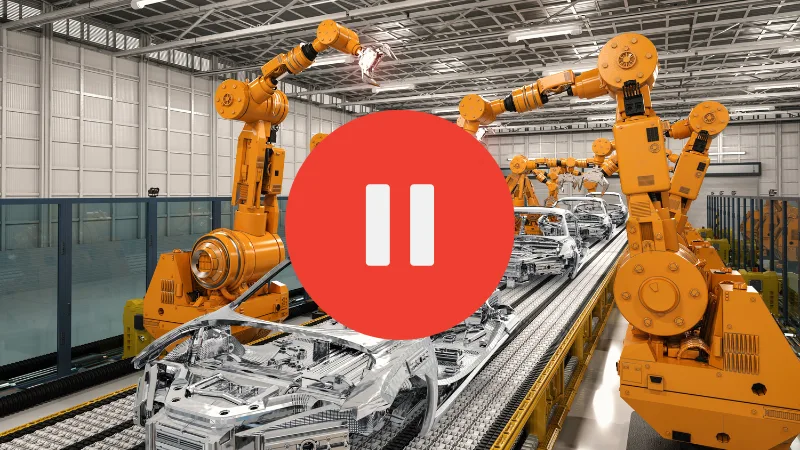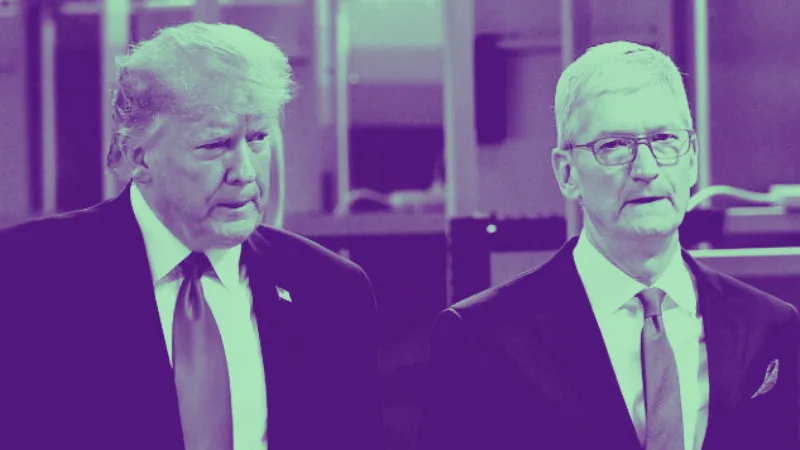Honda Motor Co. is scaling back its electric vehicle (EV) ambitions, reducing its planned investment in electrification and software by 30% to ¥7 trillion ($48.4 billion) through fiscal 2030. The company has also adjusted its EV sales target for 2030 from 30% to approximately 20% of total sales. Reuters
This strategic pivot is influenced by several factors:
- Market Demand: EV sales have been slower than anticipated, particularly in North America, leading Honda to adjust its projections.
- Regulatory Changes: Shifts in environmental regulations, including the revocation of certain EV mandates in the U.S., have impacted the company’s strategy.
- Tariffs: New U.S. tariffs on foreign-made automobiles have significantly affected Honda’s profitability, prompting a reevaluation of its investment plans.
Intensifying Focus on Hybrids
In response to these challenges, Honda is intensifying its focus on hybrid vehicles. The company plans to introduce 13 new hybrid models globally by 2027 and aims to sell between 2.2 to 2.3 million hybrid vehicles annually by 2030, a substantial increase from the 868,000 hybrids sold in 2024.
This move positions Honda to capitalize on the growing demand for hybrids, especially in markets where EV infrastructure is still developing.
Implications for the Auto Market
Honda’s strategic shift reflects a broader industry trend, with several automakers reevaluating their EV strategies in light of market and regulatory uncertainties. The company’s decision to delay a CA$15 billion (US$10.7 billion) EV investment project in Ontario, Canada, by two years underscores the cautious approach being adopted.
Despite these adjustments, Honda maintains its long-term goal of achieving 100% zero-emission vehicle sales by 2040, indicating a continued commitment to electrification in the future.
Investor Takeaways
For investors, Honda’s pivot suggests a focus on profitability and adaptability in the face of market headwinds. The emphasis on hybrids may offer more immediate returns compared to the longer-term investments required for EVs. Additionally, Honda’s strategy may influence other automakers to reassess their electrification timelines, potentially reshaping the competitive landscape in the automotive industry.





